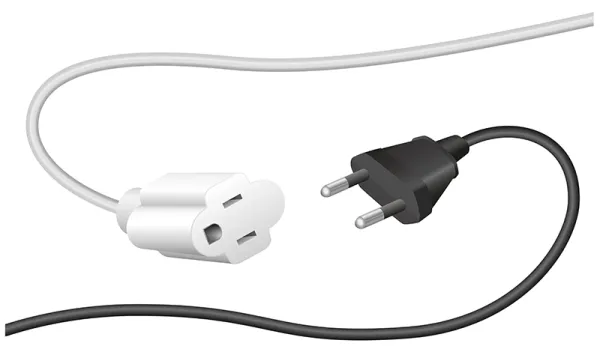Use Modifier 32 When Third Party Mandates Service

When you are billing for services under the direction of a third-party payer, be sure to include modifier 32 on the claim.
Why? Modifier 32 (Mandated services) “applies when a third party, such as an insurer or government agency, specifically requests/requires a service on a patient’s behalf,” according to the American Academy of Professional Coders (AAPC) website.
Read on for a rundown of the most common instances in which you might use modifier 32.
Check with Payer Before Coding with 32
You should use modifier 32 when an agency, third-party payer, or government entity mandates that a provider perform a service or procedure, confirms Cathy Satkus, CPC, coder at Harvard Family Physicians in Tulsa, Ok.
Often, these mandates come in the form of physicals that schools require for students participating in sports programs, or insurance companies requiring second opinions, says Satkus.
In order to use this modifier properly, your office should talk directly with the reimbursing entity for guidance on how to file the claim. For instance, if a school requires a physical, it might want your office to invoice the school district directly, or it might want you to submit the claim on a CMS-1500 form. In addition to schools, other entities that might request a service include:
Example: Your local school district mandates that you perform sports physicals for patients that are participating in athletics. On these claims, if they ask for a CMS-1500 form, you would append modifier 32 to the appropriate E/M code such as:
According to the AAPC website, other instances of modifier 32-eligible services might include:
Keep Consult Codes Close for 32 Claims
You’ll code many, but not all, of these mandated services with office consultation codes (99241-99245, Office consultation for a new or established patient, which requires these 3 key components: …).
Example: A workers’ compensation provider requests a second opinion from an orthopedist about how a broken clavicle will affect a roofer’s ability to work. The physician performs a level-three consultation service for the patient. On the claim, you’ll report 99243 (… a detailed history; a detailed examination; and medical decision making of low complexity) with modifier 32 appended to show that the workers’ compensation provider ordered the service.
Remember: If you are performing a second opinion or confirmatory consultation service that the patient — or the patient’s family — requests, the service does not merit the use of modifier 32. You also should not use modifier 32 when coding for consultations with other physicians.




